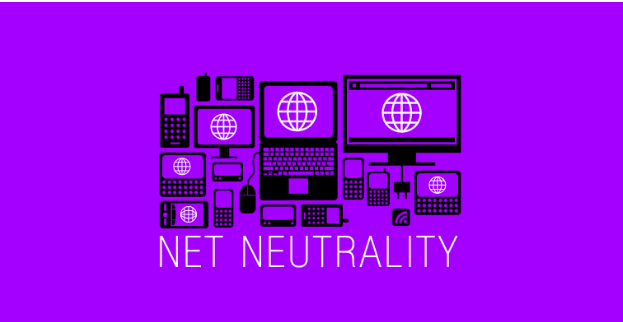Net Neutrality: What It Is and Why You Should Care
December 13, 2017
The Federal Communications Commission is an independent United States government agency responsible for regulating interstate communications through radio, television, wire, satellite, and cable.
During the reign of the Obama administration, the F.C.C was controlled by Democrats. And in 2015, it passed net neutrality laws aimed at protecting the freedom of the use and availability of the internet and its content, effectively labeling broadband service (high-speed internet access) as a utility.
Net neutrality aims to maintain equality in internet access. Without it, the internet could very easily become a “pay-to-play” utility, meaning high-speed internet would only be able to be utilized by wealthy internet and media companies and accessed by sufficiently wealthy people and households. The rest of the internet’s content would be left to low-speed access, which many argue would lead to such content becoming obsolete.
In addition, if internet-based companies and organizations were forced to pay a higher rent-like fee in order to maintain their presence and fast access, many proponents of net neutrality argue that this would drive prices up on goods and products sold online, especially on online marketplaces such as Amazon or eBay.
More recently, however, opponents of net neutrality have become a formidable presence. Large companies such as AT&T and Comcast argue that the maintenance and promotion of net neutrality exemplify unnecessary government intervention, and serves as a disincentive for investment and service improvement; they claim that result of this will be lower quality service for all internet users.
This year, the F.C.C. under the Trump administration, currently headed by Chairman Ajit Pai, has begun to make movements aimed at dismantling and ultimately repealing net neutrality, which is the First Amendment of the Internet. Former F.C.C. Commissioner Michael Copps, however, warned against this, claiming in carrying out the repeal, “the F.C.C. is jeopardizing core protections for online speech and competition.” He also went on to accuse the opponents of net neutrality of being more interested in gaining the support of cable and telecommunications industry and lobbyists.
All in all, the recent moves to repeal net neutrality are, in actuality, moves to repeal the freedom of people’s use of the internet. It would not only cater better quality service to the needs of the more affluent companies and users, but also greatly hinder the success of both current and future internet-based companies and media. It is an issue that affects us all, especially in a world becoming more and more dependent on digital communication and internet utilization.
Photo Credit: https://phone2action.com/blog/2017/future-net-neutrality-potential-advocacy-opportunities/
